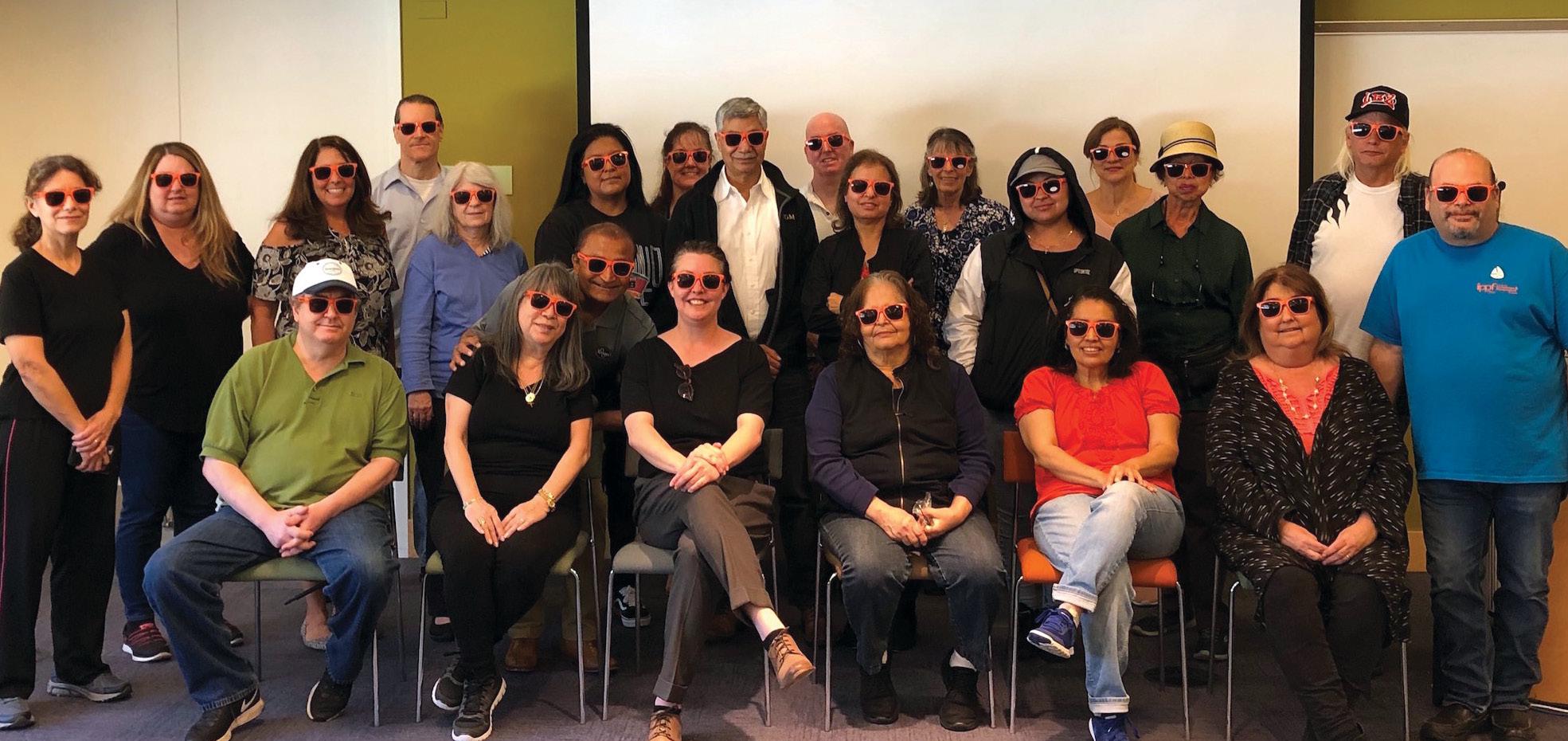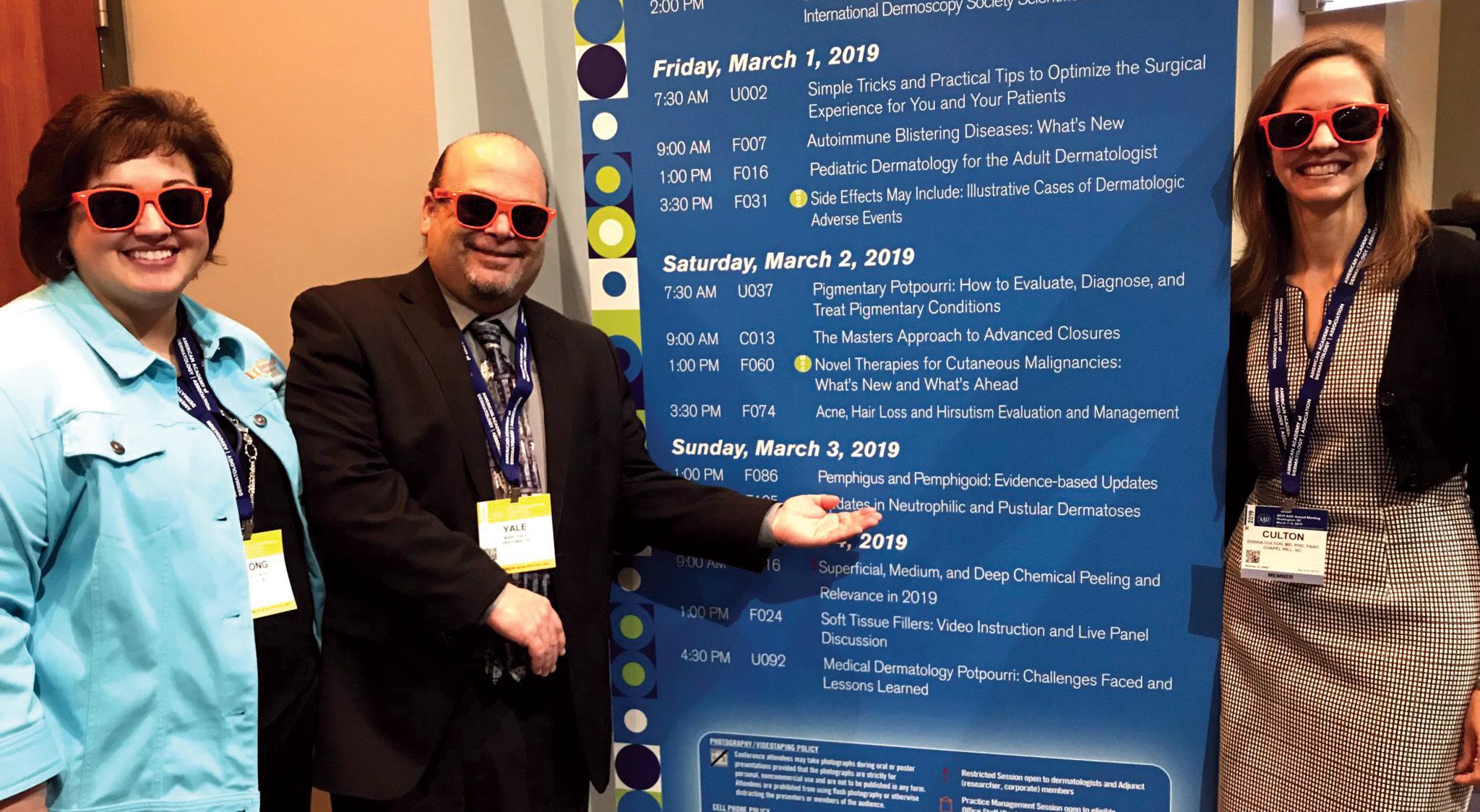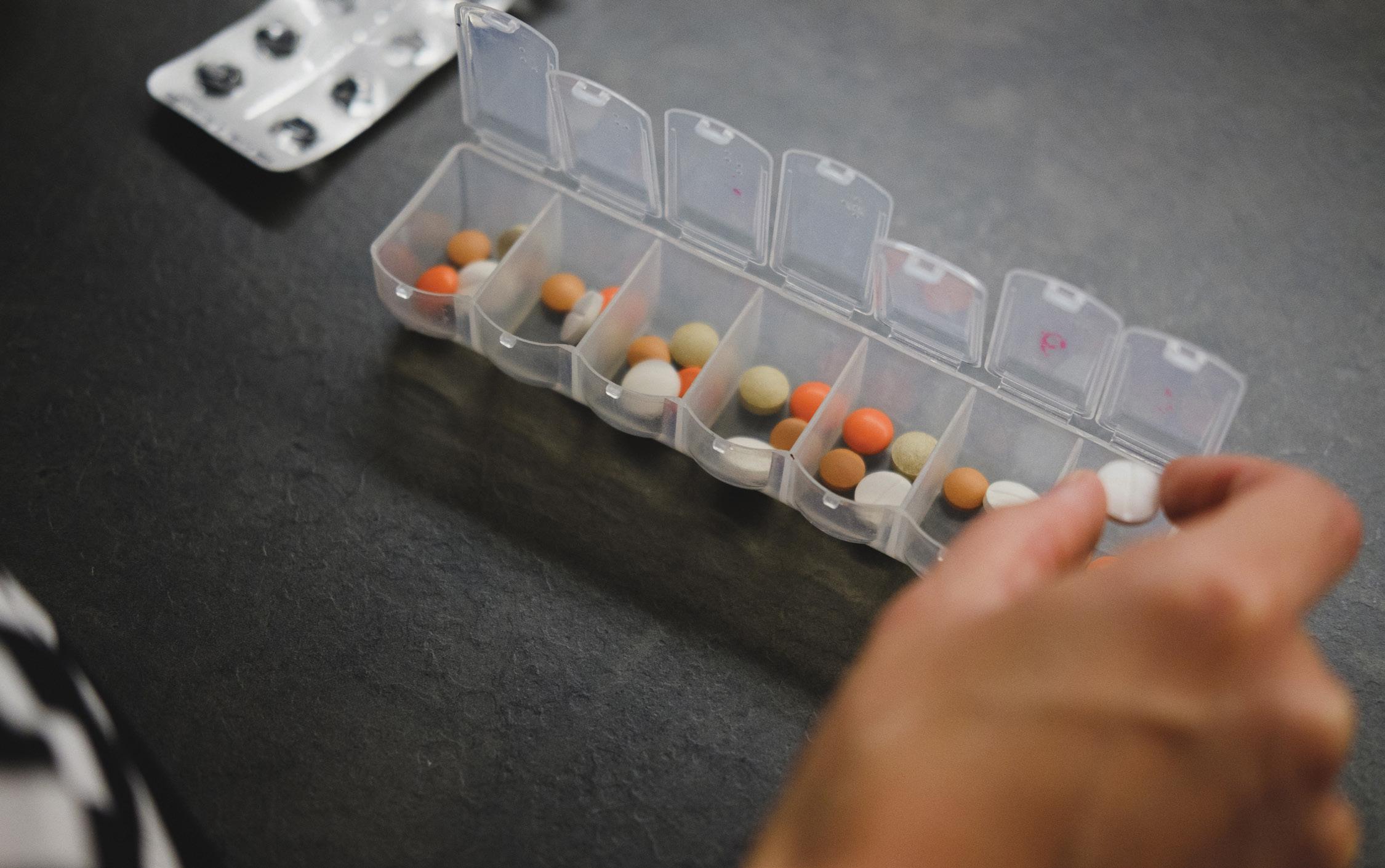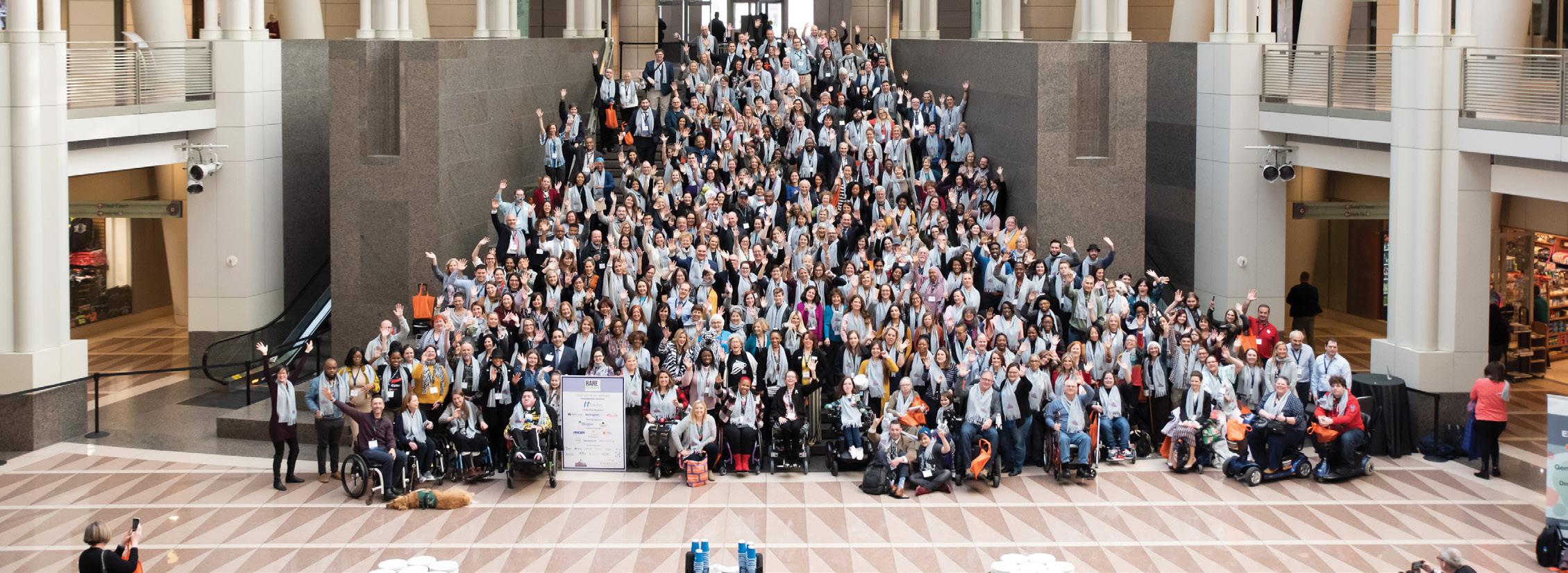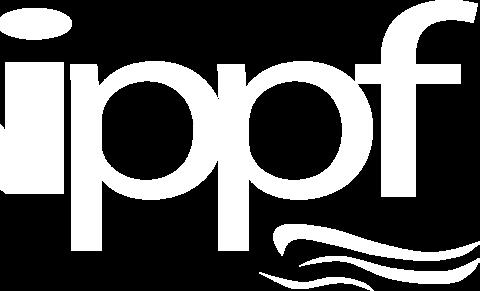Positive Proof-of-Concept Data for Efgartigimod in Pemphigus Vulgaris I
n January 2020, biotechnology company argenx announced positive proof-of-concept data for efgartigimod in pemphigus vulgaris (PV). Twenty-three patients were evaluated for efficacy in an adaptive Phase 2 trial aiming to establish optimal treatment. Recently, IPPF Executive Director Marc Yale talked to CEO Tim Van Hauwermeiren about the trial. Tim Van Hauwermeiren cofounded argenx in 2008 and has served as the Chief Executive Officer since April 2008. He has served as a member of their board of directors since July 2014. Mr. Van Hauwermeiren has more than 20 years of general management and business development experience across the life sciences and consumer goods sectors. He holds a Bachelor of Science and Master of Science in bioengineering from Ghent University (Belgium) and an Executive MBA from the Vlerick School of Management. What sets argenx apart from other biotech companies? Tim Van Hauwermeiren (TVH): argenx refers to the ancient story of the argonaut, which talks about the collective power of the team instead of individual heroes. In our company we collaborate as equals, both within and beyond our walls in a humble fashion. But let there be no misunderstanding—our ambition level is high: we want to achieve the unthinkable and revolutionize the way the world treats really bad diseases like PV. When and why did argenx decide to work on a clinical trial for pemphigus? TVH: We built our drug candidate, efgartigimod, on the basis of the seminal work of our collaborator, Professor Sally Ward at Texas A&M University. Efgartigimod has the unique ability to rapidly and substantially eliminate disease-causing antibodies from the body. Severe autoimmune diseases which are driven by disease causing antibodies—like PV—are potentially an ideal target.
22
Quarterly | Winter 2020
What is the therapy that argenx will use for the clinical trial called, and how does it work? TVH: Efgartigimod targets FcRn, a tiny structure in our bodies which enables our antibodies (of the IgG type) to persist for a long time. Most often this is highly beneficial to mobilize our immune system, but in cases where these antibodies cause disease, we don’t want them to persist. So by blocking FcRn, we hope to actively eliminate them from the body so they can no longer do harm. Is argenx’s novel therapy for PV designed to be steroid-sparing, or will it eliminate the need for steroids altogether? TVH: In our Phase 2 proof-of-concept trial, we demonstrated fast onset of action of efgartigimod as a monotherapy and demonstrated likely synergy with low dose of steroids. In addition to efficacy and safety, we hope to also evaluate steroid dosing in our registrational trial. How is efgartigimod administered to patients, and how often would patients need to take it (daily, weekly, etc.)? TVH: We studied a one-hour IV infusion product given on a weekly basis in our Phase 2 proof-of-concept trial in PV patients. We are also developing a subcutaneous injection which could be dosed less frequently. You recently showed data from the argenx Phase 2 proof-of-concept clinical trial of efgartigimod in PV. Can you describe what you have learned so far? TVH: Efgartigimod showed everything we were hoping to see in the trial. We saw fast onset of action where patients achieved disease control after one or two infusions, deep responses including complete clinical remission within 2-10 weeks, and a favorable tolerability profile consistent with our experience with the drug
www.pemphigus.org

